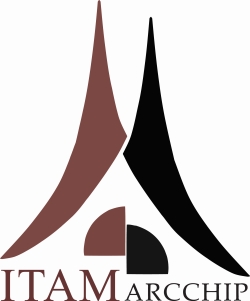EXPERT INTERNSHIP
Participation in an expert internship is conditioned by the participant's university degree in a relevant or associated field. The internship is comprised of strongly focused theoretical preparation on the postgraduate level and a deep focus on the application of relevant infrastructure. This usually includes training the participant to independently qualify and prepare suitable samples for analysis. The internship also includes training to independently control the relevant instrumentation, including independent interpretations of the findings.
The basic prerequisites for successful fulfilment of the objectives of the expert internship also include adequate knowledge in the relevant field in theoretical as well as practical terms. Internships that focus on work with instrumentation may require that the participant is familiar with the principles of the relevant type of instruments or an identical instrument at the previous level of development.
The theoretical preparation usually takes five days, while the familiarization with sample preparation for the specified laboratory equipment may take two to five days depending on the exact level of demandingness. The analytical activities, when using the relevant equipment with a responsible qualified person, and interpretation of the measurement findings depend on the character of the given task and are subject to agreement. For example, the internships using the climate tunnel can be prepared in a sophisticated manner not only for the study of the influence of weather factors on historical and current materials but also on expert activities in the fields of aerodynamics and aeroelasticity for industry and modern structures.
The above-mentioned training activities and expert internships are focused, based on the requirements of the participants and specific agreements with their parent companies, on individual laboratory instruments and always cover the relevant specific instrumental method; examples include the operation of the porosimeter, preparation of samples and interpretation of results or the methodology of applied research in the field of conservation of cultural heritage.




